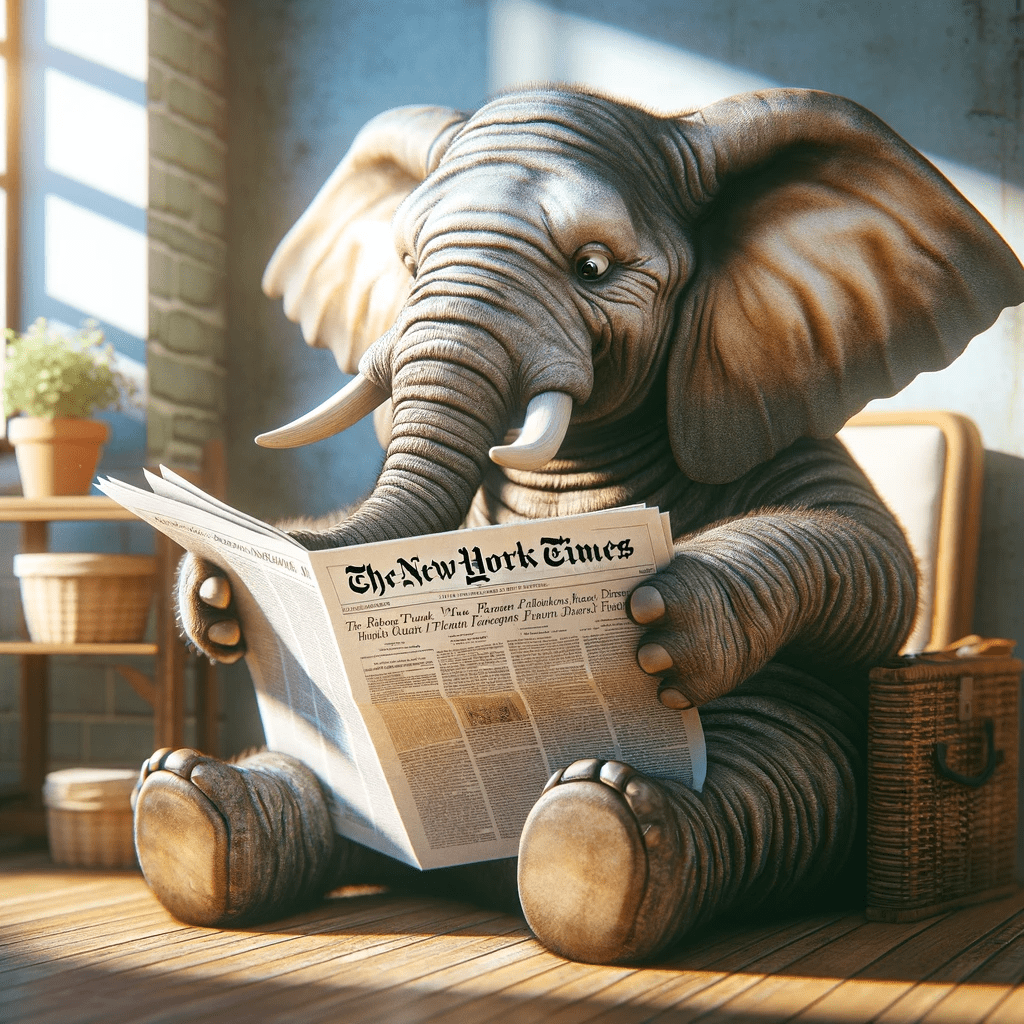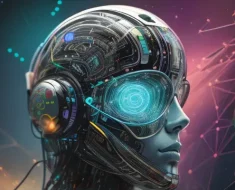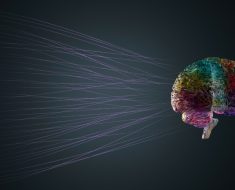

2024 will be all about changing business models due to the massive disruption of generative AI.
There will be new winners and many losers. The incumbents especially have a lot to lose – but permissionless innovation has always been the hallmark of American innovation.
We see the usual vanguard action from the incumbents who find themselves disrupted – and we must not forget that regulation favours the incumbent, when viewed from this perspective of innovation, most of the elements of the NYT lawsuit against OpenAI and Microsoft are predictable.
Here are some thoughts and implications for the business model:
- Billions in lost revenue? I doubt it! Have you ever seen anyone read a newspaper recently? Billions over a year for a left-leaning and non-business newspaper is overkill. Probably thousands if that. So, this is all posturing (and has precedence as we see below)
- If Internet scraping were illegal – so would search engines. So, while many people talk of scraping as a concern – it may be a red herring.
- These lawsuits are part of a wider trend. Getty Images vs. Stability AI; Sarah Anderson, Kelly McKernan, and Karla Ortiz vs. Stability AI; Sarah Silverman vs. Open AI and FaceBook; Novelists Mona Awad and Paul Tremblay vs. Open AI; 5000 Authors’ Petition; Federal Trade Commission Investigation:
- The most interesting aspect is the memorization i.e. the idea that somehow Gen AI has memorized whole article verbatim. But even here, questions remain. Do we see the same phenomenon in other LLMs? For other publications? So far, there is no news of others experiencing this. Even if it were, its hard to prove when the document was uploaded and by whom. Like the famous Samsung case where patent documents were uploaded to GPT – it would be hard to show who exactly uploaded a document and when
Hence, this could be all posturing. Again there is a precedence with Viacom and YouTube.
Viacom’s early objections to YouTube centered around copyright infringement and the lack of control over their content with a $1 Billion Lawsuit: In 2007 alleging massive copyright infringement. After years of legal battles, the lawsuit was settled with no money changing hands. The terms weren’t disclosed, but the settlement likely involved some agreement on how Viacom’s content would be managed on YouTube in the future.
Industry-Wide Changes:
The Viacom vs. YouTube case was a landmark in the evolution of digital content. It influenced how other media companies approached online platforms, leading to more collaborations and innovative content distribution strategies.
In summary, Viacom’s early objections to YouTube were based on legitimate concerns over copyright infringement and control over their content. However, these objections were eventually overcome through legal rulings, technological solutions like the Content ID system, and strategic partnerships that allowed both parties to benefit from the digital distribution of content.
This evolution marked a significant shift in the media landscape, reflecting broader changes in how content is created, distributed, and monetized in the digital age.
This may sound less exciting – but we are likely to see something similar here.
Image source: what else OpenAI – an elephant reading the NYT and trying to memorise it – elephants have long memories 🙂
Views expressed in this article are personal and are not associated with any organisation I am associated with




